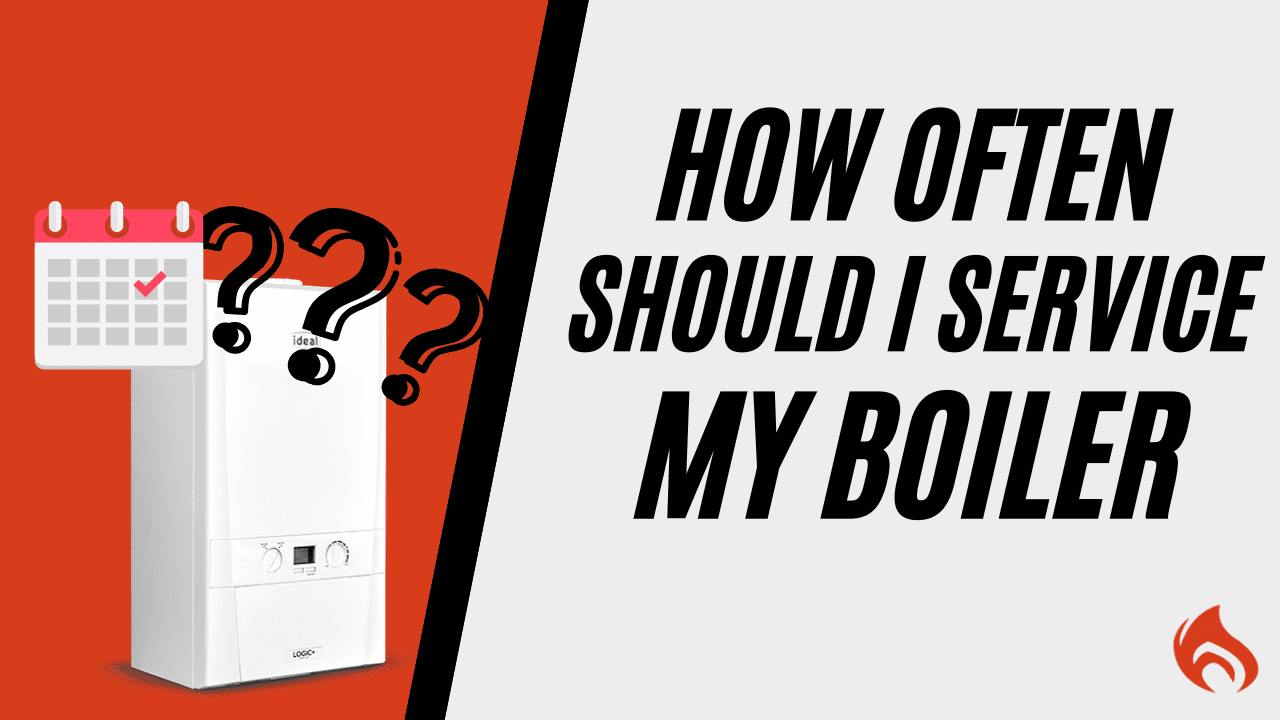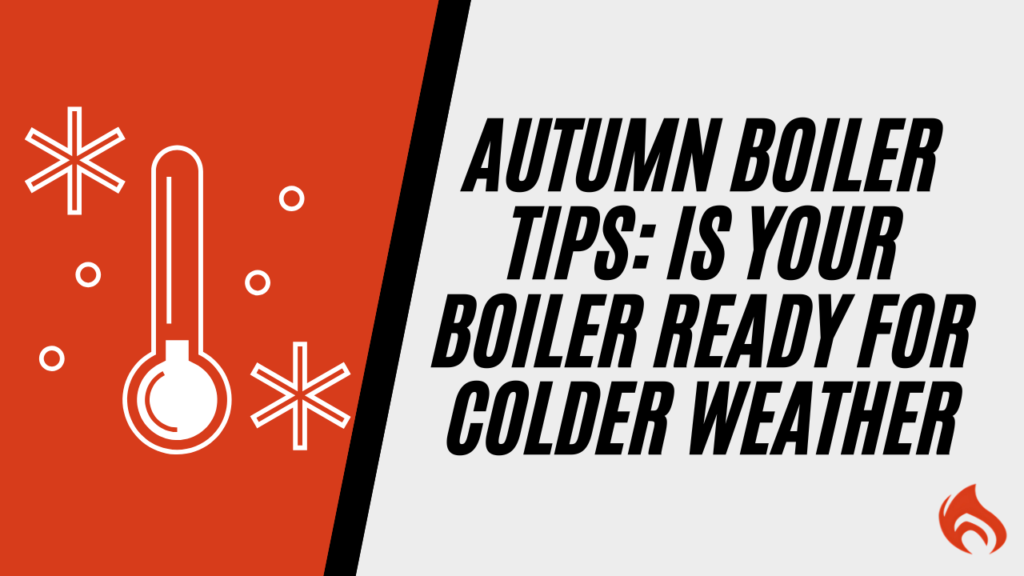
How Often Should I Service My Boiler?
How Often Should I Service My Boiler? Table of Contents Picture this: it’s the middle of winter, your home is

Autumn is here, which means colder nights and frosty mornings are just around the corner. The last thing you want is a faulty boiler when you need it most! Here are 15 essential tips to keep your heating system running smoothly and your home warm this season.

Don’t wait until winter to discover a problem! An autumn boiler service by a qualified engineer ensures your boiler is running safely and efficiently.
✅ Check boiler pressure: Low pressure can reduce heating performance—ideal levels are usually between 1 and 1.5 bar (check your manual for specifics).
If your radiators have cold spots, trapped air could be the culprit. Bleeding them releases this air, allowing hot water to circulate properly—giving you warmer, more efficient heating.
A faulty thermostat can lead to higher bills and wasted energy. Make sure it’s working correctly, and consider upgrading to a programmable thermostat to automatically adjust heating times for efficiency.
🔹 Update timers: As mornings and evenings get colder, tweak your heating schedule to match your routine.
Frozen pipes can block your boiler’s condensate pipe, leading to breakdowns. Avoid this by insulating outdoor and exposed pipes with pipe lagging—especially if your boiler is in a garage or loft.
Even if you’re not using full-time heating yet, turn it on for short bursts to keep everything in working order. This helps prevent parts from seizing up and avoids sudden failures when the cold truly sets in.
Small boiler issues can turn into big, expensive repairs! Keep an eye (and ear) out for:
⚠️ Unusual noises (banging, whistling, or gurgling)
⚠️ Leaks or drops in pressure
⚠️ Inconsistent heating
If you notice any of these, call an expert before it worsens!

Boilers burn fuel, so it’s crucial to test your carbon monoxide detector regularly. A faulty boiler can leak carbon monoxide—a silent but deadly gas. If your alarm is beeping or needs batteries, fix it now for peace of mind.
A sudden increase in energy bills without extra usage could mean your boiler isn’t running efficiently. Keep an eye on your costs and investigate any unexpected spikes to avoid wasting money.
Your boiler needs the right pressure to work properly. If it’s too low, you can top it up by following the manufacturer’s instructions. If unsure, call a professional to help prevent damage.
If your boiler is over 10-15 years old, it may be time for an upgrade. Modern energy-efficient boilers can significantly reduce heating costs and provide more reliable performance during winter.
Make sure the boiler’s flue is clear of any obstructions, such as debris or nests. A blocked flue can prevent harmful gases from venting properly, which could pose serious safety risks.
Your heating system works best when your home retains heat efficiently.
🔹 Check for draughts around doors, windows, and vents, and seal any gaps to stop warm air from escaping.
🔹 Consider adding loft insulation or using heavy curtains to keep heat inside.
Boilers need proper ventilation to function safely and efficiently.
✔️ Ensure air vents aren’t blocked by furniture, curtains, or other obstructions.
✔️ If your boiler is in a cupboard, leave enough space around it to allow for good airflow and safe operation.
Extreme cold can cause frozen pipes and heating issues.
🔹 Know where your stopcock is in case you need to turn off the water.
🔹 If your condensate pipe freezes, pour warm (not boiling) water over it to defrost it.
🔹 Consider smart heating controls that adjust automatically based on temperature drops.

Before winter hits, take a few minutes to read your boiler manual and learn how to:
✔️ Reset your boiler if it locks out.
✔️ Recognize error codes that may indicate pressure or heating issues.
✔️ Know when to call an engineer for professional help.
By following these 15 essential autumn boiler tips, you’ll reduce the risk of breakdowns, save on energy bills, and keep your home warm and cosy all season long. 🍂

How Often Should I Service My Boiler? Table of Contents Picture this: it’s the middle of winter, your home is

Combi Boiler vs Conventional Boiler: What’s the Difference? Table of Contents Choosing the right boiler for your home isn’t just